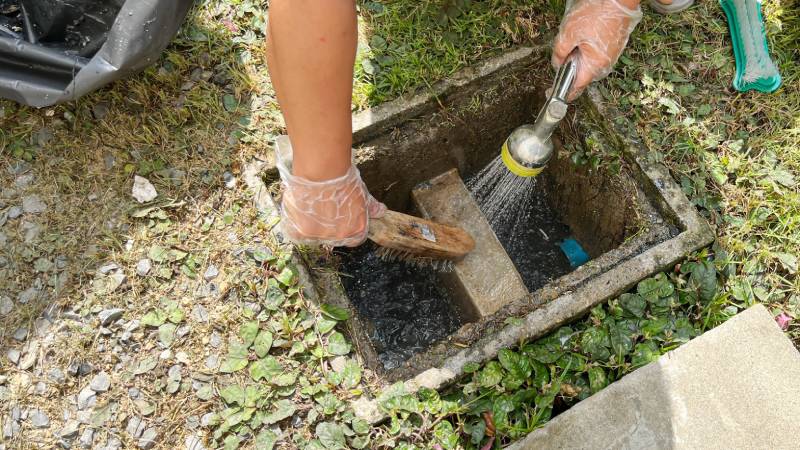
Understanding Grease Traps: What They Are and Why They're Important for Your Plumbing
Grease traps play a crucial role in maintaining the health of your plumbing system, particularly in commercial kitchens, restaurants, and other facilities where large amounts of cooking oil and grease are used. These simple yet effective devices help prevent fats, oils, and grease (often called FOG) from clogging your pipes and causing serious plumbing issues.
What Is a Grease Trap?
A grease trap is a plumbing device designed to intercept and collect grease and solid food particles before they enter the main sewer system. It works by slowing down the flow of wastewater, allowing grease to float to the top while heavier particles settle at the bottom. The trapped grease and solids are then stored in the grease trap and need to be cleaned out regularly to prevent overflows and backups.
How Does a Grease Trap Work?
The basic function of a grease trap is to separate the fats, oils, and grease from the water. When wastewater enters the trap, it cools down, and the grease begins to solidify. Because grease is lighter than water, it rises to the top of the trap, while food solids settle at the bottom. The remaining water, which is free of most grease and solids, is then allowed to flow out into the sewer system. Without a grease trap, these substances would congeal in your pipes and lead to costly clogs.
Why Are Grease Traps Important?
Grease traps are essential for preventing plumbing blockages and maintaining smooth operations in kitchens. When grease builds up in your pipes, it restricts water flow and can lead to backups and even sewer line damage. For commercial establishments, this could result in significant downtime and expensive repairs. Additionally, local regulations often require the use of grease traps in commercial kitchens to avoid causing damage to public sewage systems.
Types of Grease Traps
There are two main types of grease traps:
- Passive Grease Traps: These are typically installed under sinks or in floor drains. They are smaller and work by slowing down the flow of wastewater, allowing grease to separate naturally. Passive traps are often used in small-scale settings but require more frequent cleaning.
- Automatic Grease Removal Units (AGRUs): AGRUs are more sophisticated systems that use sensors to detect grease levels and automatically remove it. These traps are ideal for high-volume commercial kitchens that need efficient and continuous grease management.
Maintaining Your Grease Trap
Regular maintenance of a grease trap is essential to ensure it continues to function properly. Without routine cleaning, grease can accumulate and cause blockages, foul odors, and even environmental hazards if it leaks into public sewage systems. Most commercial establishments should have their grease traps cleaned by professionals on a monthly or quarterly basis, depending on usage.
Grease Trap Maintenance in Albuquerque and Santa Fe
Understanding the importance of grease traps and keeping them well-maintained is essential for preventing plumbing issues and complying with regulations. Whether you run a busy restaurant or a commercial kitchen, ensuring that your grease trap is functioning efficiently can save you time, money, and frustration. If you’re looking for professional assistance with your grease trap, Wagner is here to help with expert installation and maintenance services.




.webp)


